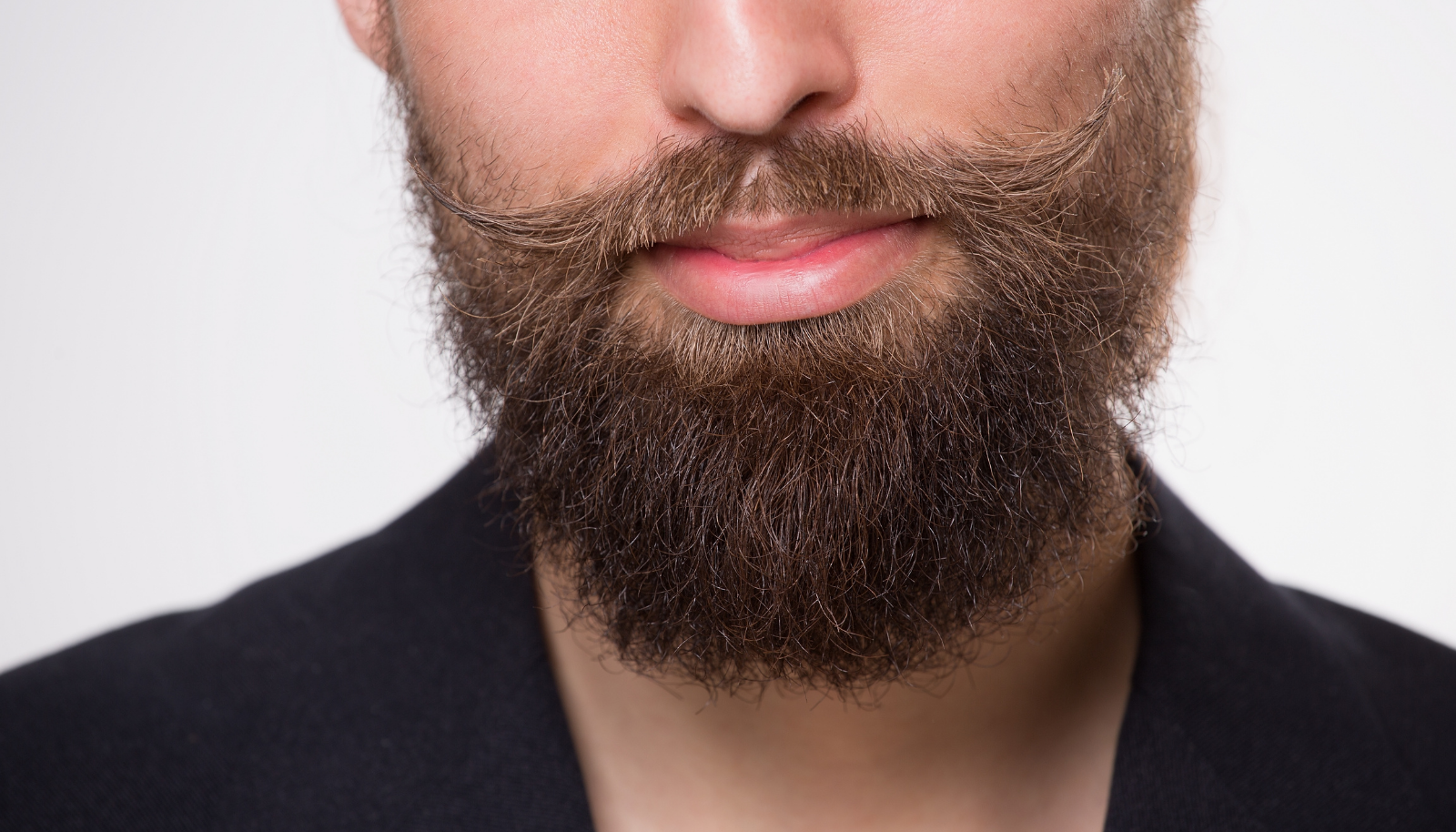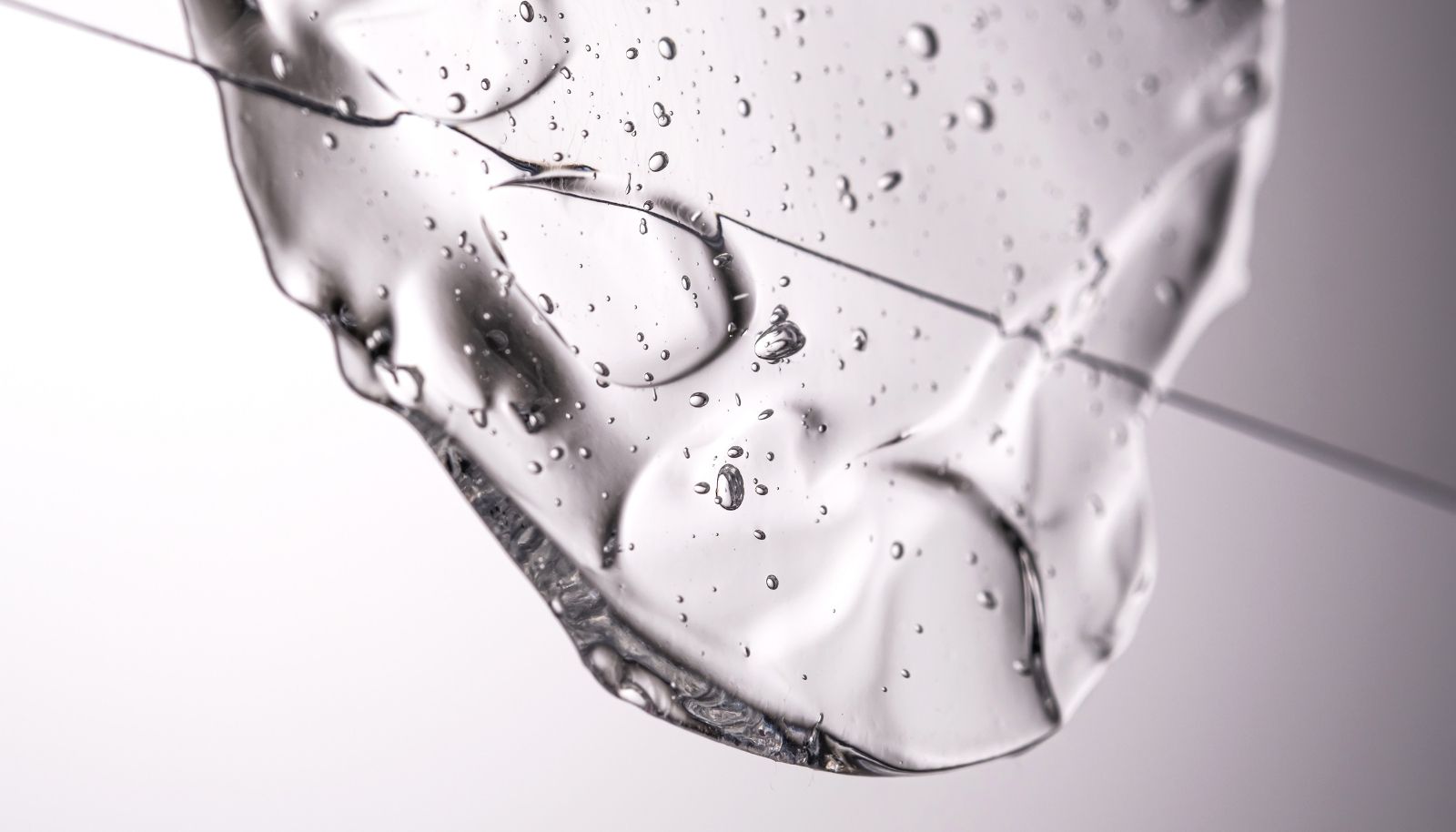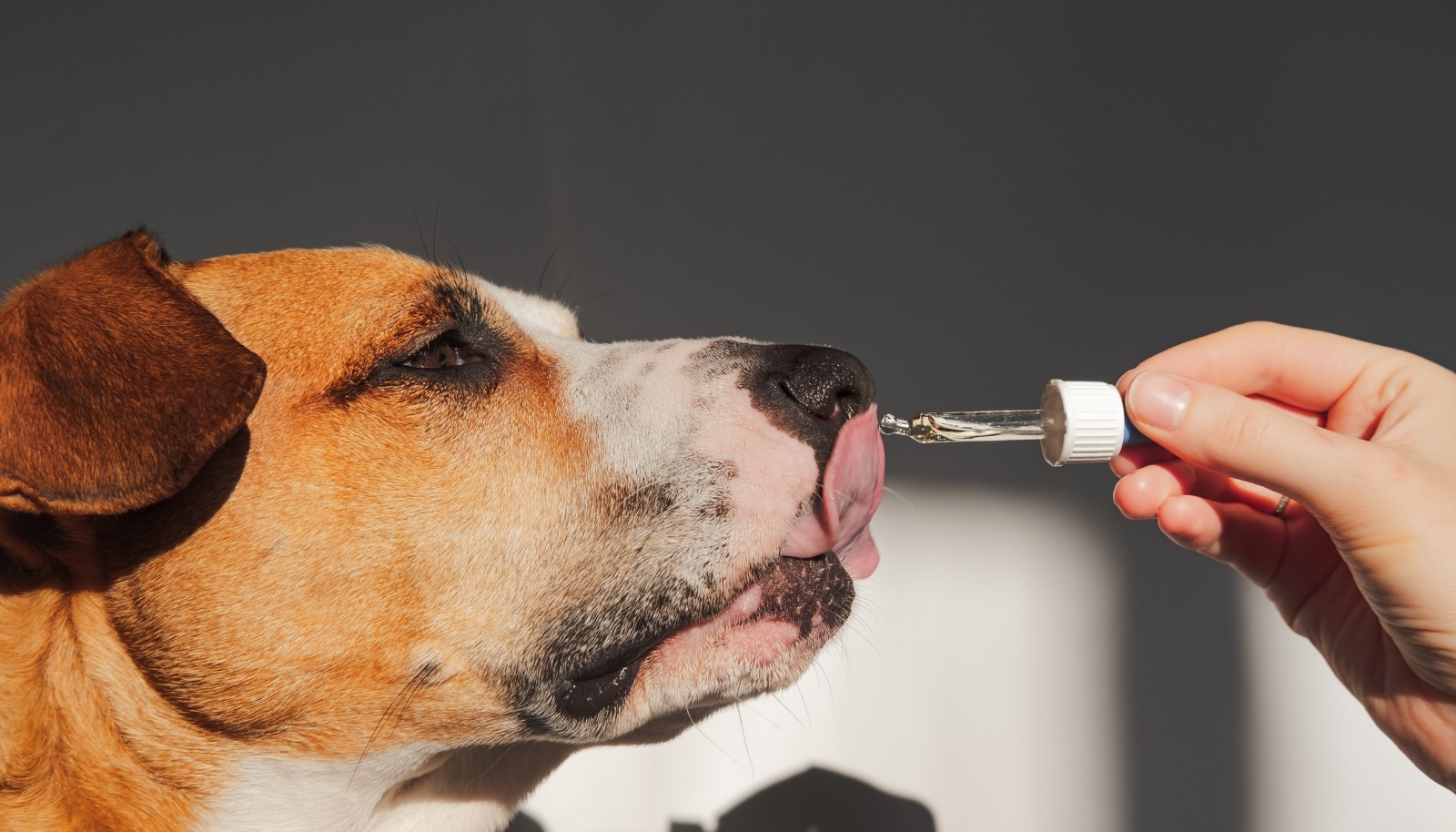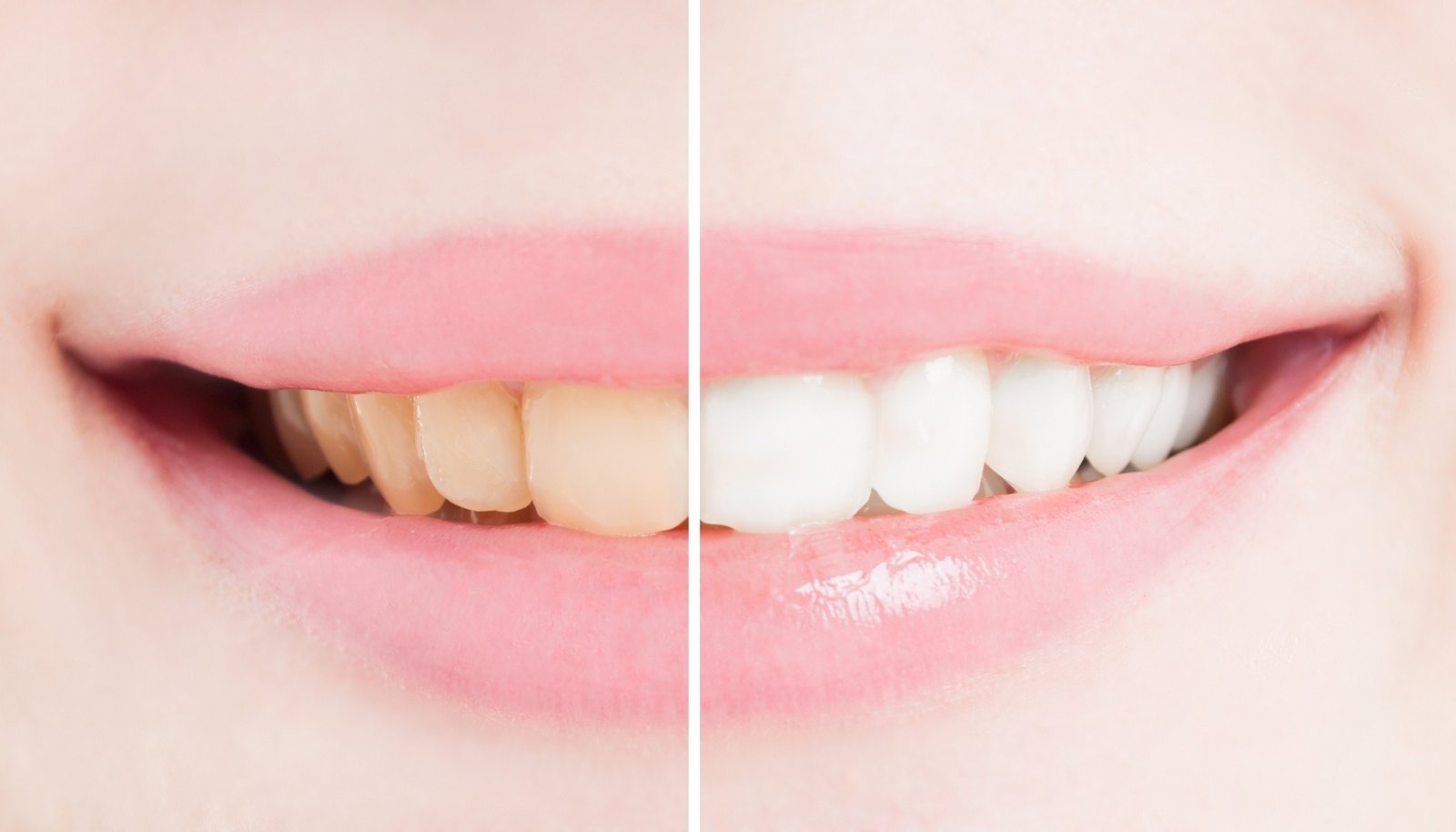
Beard growth is primarily a physiological process influenced by androgen hormones in men. Testosterone and dihydrotestosterone (DHT) stimulate beard growth by binding to androgen receptors within facial hair follicles. Factors such as genetics, hormone levels, and age significantly impact beard density and growth rates.
Rosemary oil (Rosmarinus officinalis) is a popular essential oil used in phytotherapy for hair and beard care. Rich in active compounds such as rosmarinic acid, carnosic acid, and 1,8-cineole, rosemary oil exhibits antioxidant, antimicrobial, and circulatory-enhancing properties. These bioactive compounds may support beard growth by increasing blood flow to hair follicles, thus enhancing nourishment and promoting healthier hair development.
To effectively include rosemary oil in your beard care regimen, consider the following steps:
Multiple scientific studies suggest rosemary oil positively influences hair and beard growth. An experimental study on rodents demonstrated that extracts of Rosmarinus officinalis stimulated hair follicle activity and positively influenced hair growth cycles. Another comparative study indicated rosemary oil produced similar results to minoxidil, a common hair-growth medication, but with fewer side effects.
Can rosemary oil grow new beard hair?
Rosemary oil can strengthen and accelerate growth in existing hair follicles; however, it cannot create new follicles where none exist genetically.
Does rosemary oil have side effects?
Pure rosemary oil may cause skin irritation if applied directly. It should always be diluted, and a patch test is recommended for sensitive skin.
How soon will results appear with rosemary oil?
Visible improvements usually appear within 4-8 weeks of regular use; however, individual results may vary.
Overall, rosemary oil is a scientifically supported natural alternative for enhancing beard growth and maintaining healthier facial hair.





